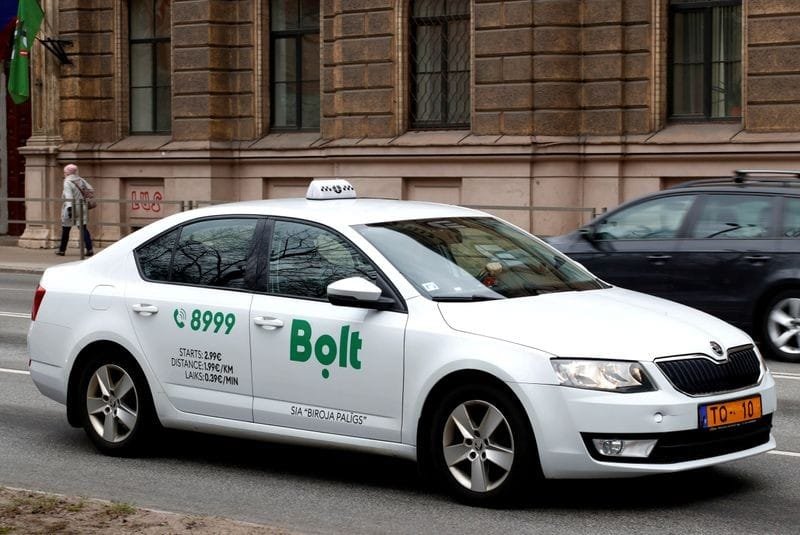The East African country of Rwanda will be ready to release a Central Bank Digital Currency (CBDC) by fiscal year 2026, said Soraya Hakuziyaremye, the Deputy Governor of the National Bank of Rwanda. This puts Rwanda in a category of other African countries, such as Nigeria, Ghana, and South Africa, which are at different levels of implementation of a CBDC.
Hakuziyaremye also underlined that the decision was made due to the experience and actions of Rwanda’s major partners, some of which are either exploring or actively using digital currencies. She also identified that with Rwanda’s intentions to go fully digital within the ICT and cashless economy, the country should assess the pros of adopting a CBDC.
Yes, in its annual report for the 2022/2023 Fiscal Year presented in November 2023, Governor John Rwangombwa revealed that a CBDC was under development in the country. Earlier in May 2024, the government launched a potential pilot of a retail CBDC in Rwanda through a feasibility study targeting to determine the advantages, disadvantages, and implementation factors of using retail CBDCs.
The Deputy Governor in consultation with the Ministry of Finance, ICT, and Innovation, assembled a task force to undertake this exercise. The studies revealed various aspects that indicated that Rwanda could adopt a national digital currency. The research comprised of exercising the right to publish a paper and inviting the public to give their input on issues like data privacy or the stability and resilience of the financial system.
According to the president’s speech, Rwanda intends to follow the public later in the next four weeks as it goes for the proof of concept which will test the technology, design, and speed of the CBDC on a more limited scale. This will be followed by six months of live testing of cross-border payments using digital currency, starting with individuals and businesses.
Secondly, Rwanda is evaluating several CBDC design options but is leaning towards a retail CBDC, which would be disbursed through the bank. Furthermore, the country is experimenting with an offline CBDC which will cater for those places without connectivity or smartphones and keep the currency functional during power blackouts.














